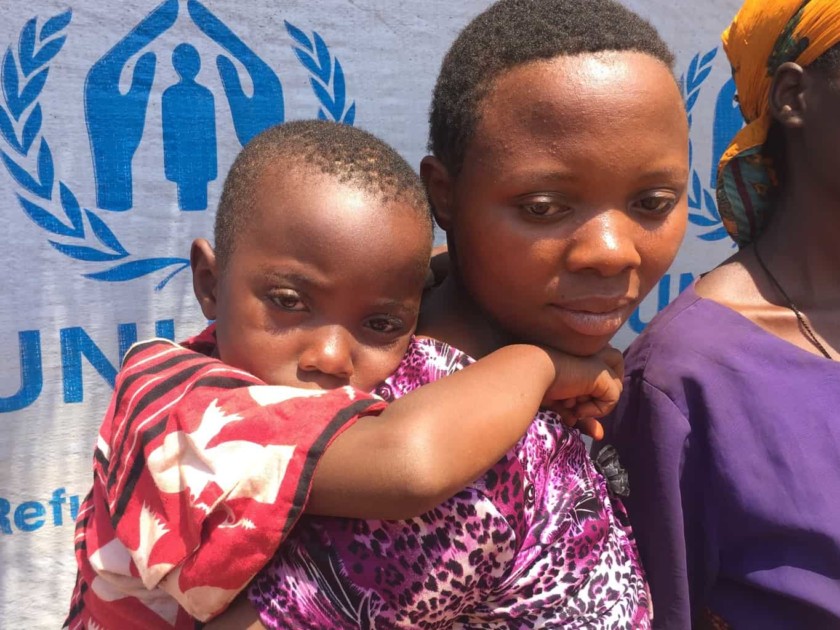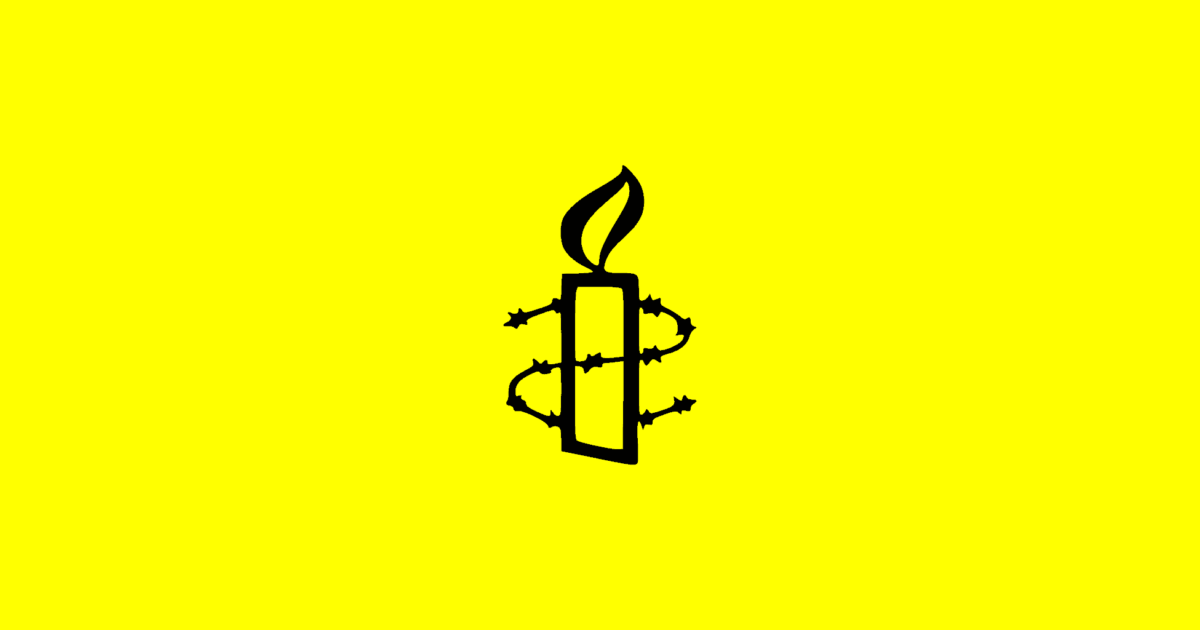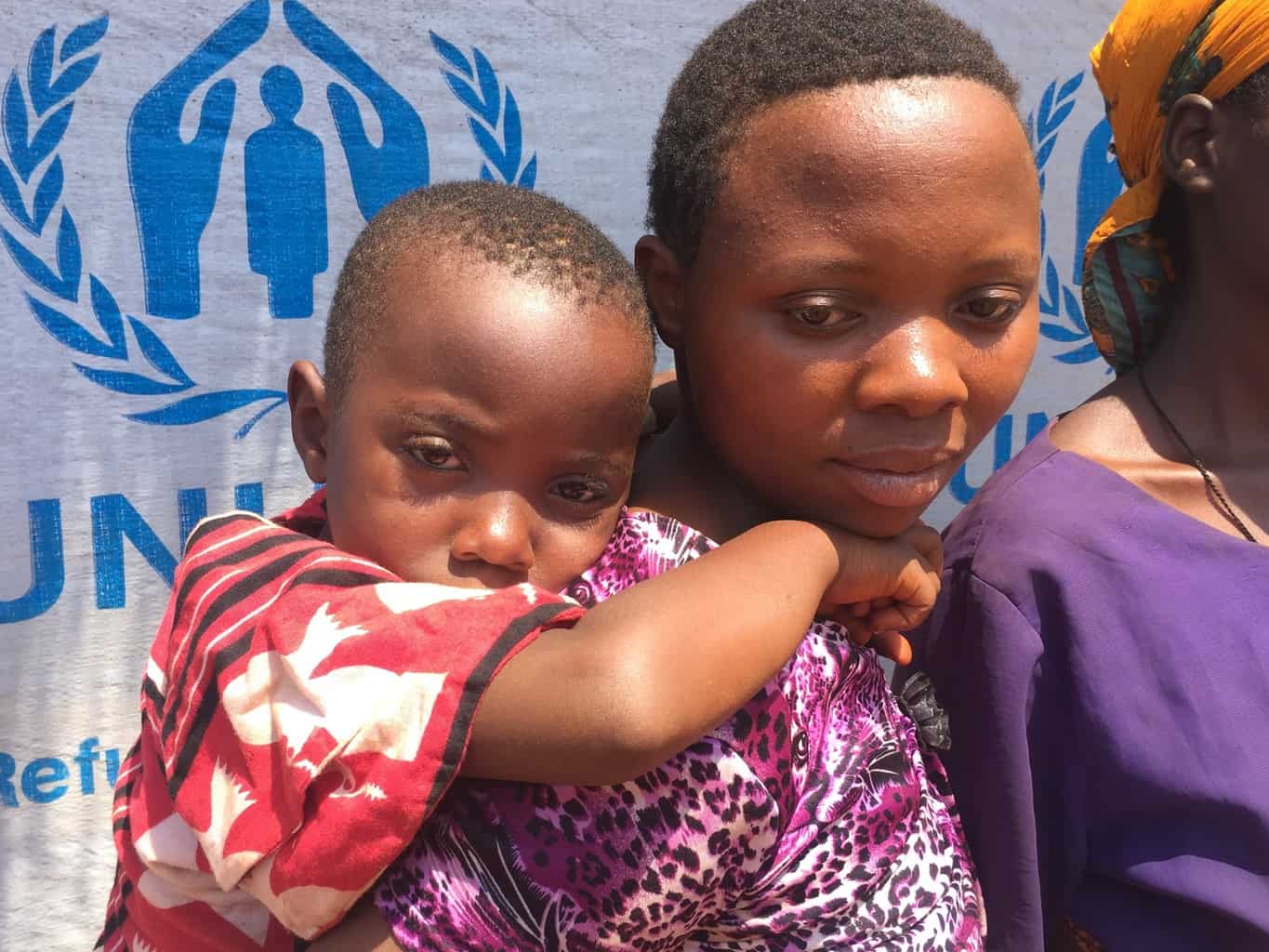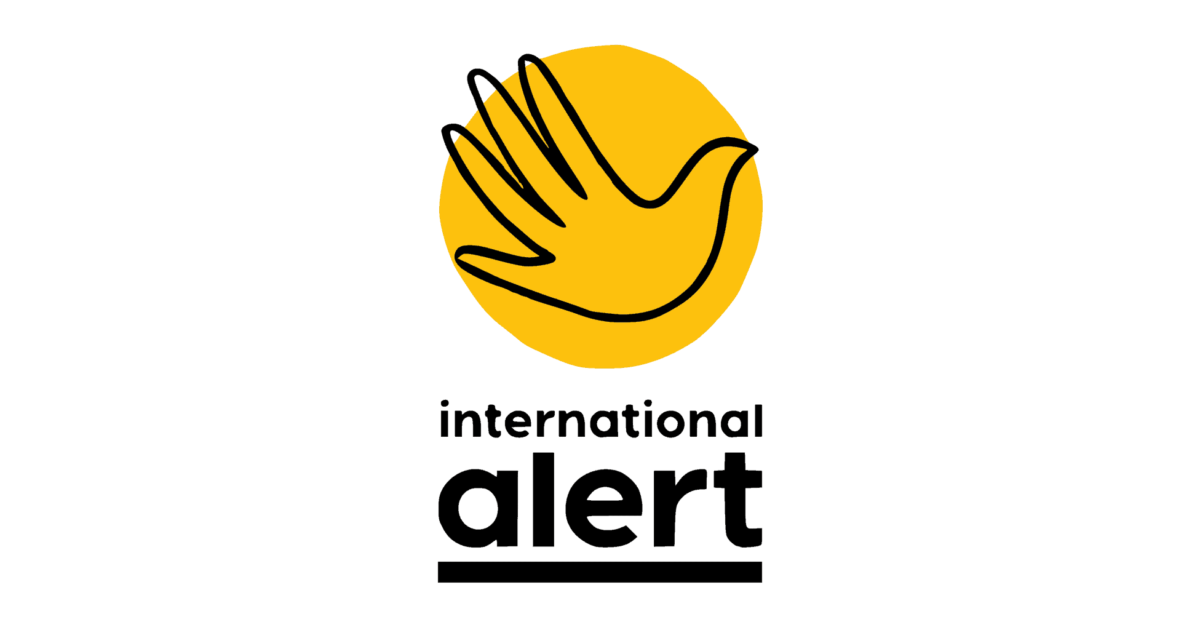Burundi
Burundi
August 2015 marked the 15th anniversary of the Arusha Peace and Reconciliation Agreement, which ended thirteen years of ethnic-based civil war in Burundi between the Tutsi minority and Hutu majority.
Recently, the security situation has deteriorated as the result of disagreement over President Pierre Nkurunziza’s bid for a third term, resulting in violent demonstrations, excessive force against protesters, an attempted coup, and arrests of civil rights leaders. Women have been active in the political unrest, and staged the first major protest against the president’s third term bid. However, violence against women operates in a culture of impunity, with women experiencing rape, torture, and enslavement.
Based on the work of NGOWG members and their partners, the NGOWG advocates for full implementation of the government gender quota of 30%, and equal and meaningful women’s participation in designing and implementing human rights protection mechanisms.
Current and Past Recommendations to the UN Security Council (Monthly Action Points)
According to the UN Commission of Inquiry for Burundi, since April 2015, there is “reasonable ground to believe that crimes against humanity have been committed” (A/HRC/36/54). The Commission also confirmed the “persistence of extrajudicial executions, arbitrary arrests, and detentions, enforced disappearances, torture, and cruel inhuman or degrading treatment and [sexual and gender-based violence (SGBV)]” (A/HRC/36/54). Women are reported to be amongst the first victims of sexual and gender-based violence (SGBV) perpetrated with extreme cruelty often accompanied by gender-based, political or ethnic hate speech. In addition to reported continued abuses and violence, acute needs in Burundi and the region are on the rise; the number of individuals with acute humanitarian needs has tripled in one year (OCHA), and the number of Burundian refugees has increased to over 400,000 persons. The upcoming referendum to extend presidential terms has further contributed to an already tense situation which could unleash a new spiral of violence and sociopolitical crisis in the country, as in 2015. There has been a generalized environment of repression and harassment vis-a-vis the referendum, and “voluntary” contributions to finance the upcoming 2020 elections are being demanded from the population on a monthly basis. In its discussion of the situation, it is urgent that the Council address how it has expanded high-level diplomatic efforts and support for mediation to move the dialogue process forward. Any dialogue must be accompanied by concrete actions by the Council, African Union, and East African Community members to push for an immediate end to violence, human rights violations, and impunity. Due to the high volatility of the situation, it is urgent that the Council put contingency planning back at the center of its discussions to ensure a timely, unfettered, and appropriate protection of the civilian population in case of a brutal increase of violence. Council members should jointly call donors to urgently increase and coordinate support to Burundian population, both in Burundi and regionally. The efforts of countries hosting Burundian refugees should be supported and commended. The Council should also strongly advocate against any coerced or forceful returns and for transparent Refugee Determination Status procedures.
Relevant Resources









